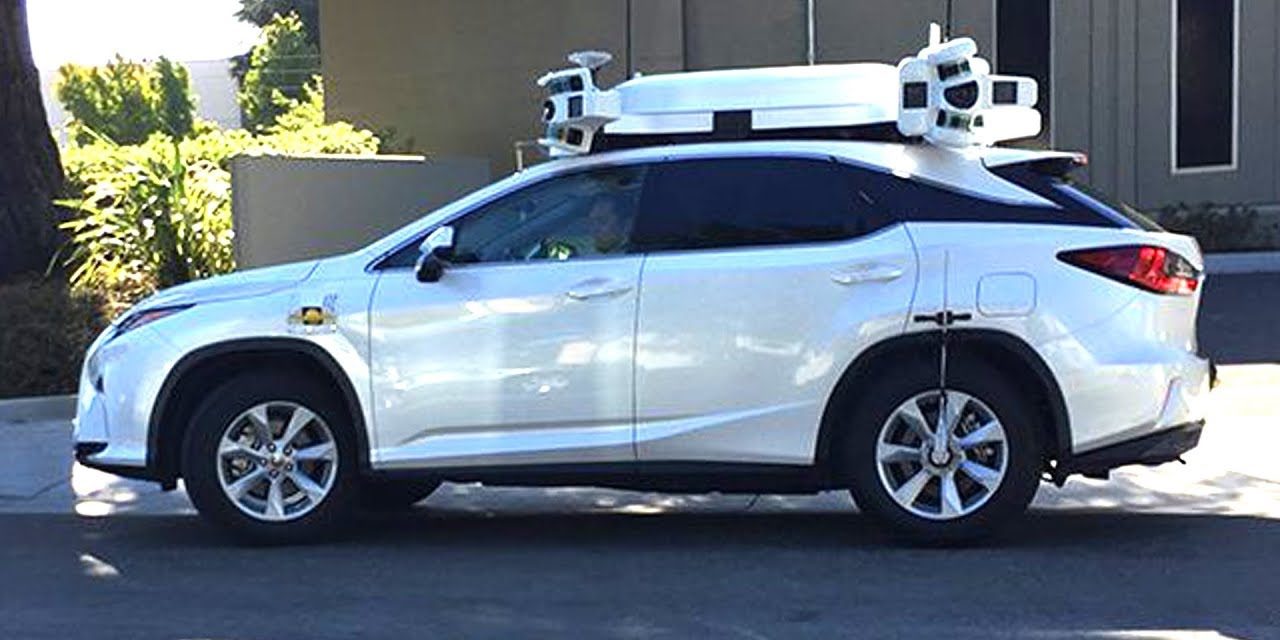
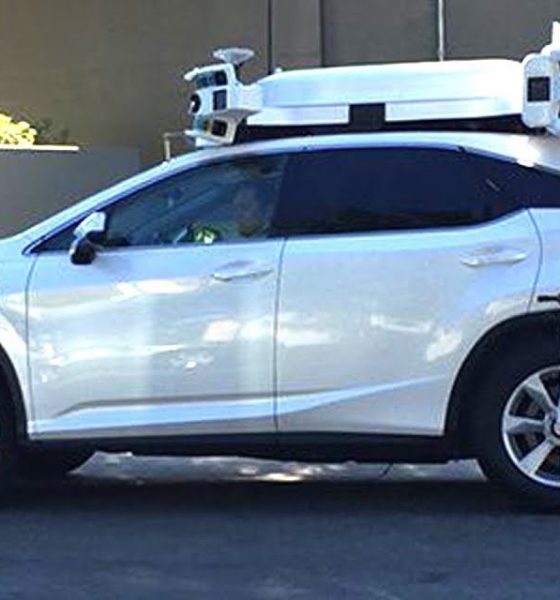
News
Apple Car project continues evolving with larger test fleet & fresh, new hire
Apple’s long-rumored “Project Titan,” also known as the Apple Car initiative, has gone through several changes over the years. While the Cupertino-based tech giant initially appeared to be focused on manufacturing its own vehicle, the company has since opted to focus on developing self-driving technologies instead. Apple CEO Tim Cook, for one, stated back in June 2017 that Apple was “very focused on autonomous systems.” Since then, the iPhone-maker has gone all-in on the self-driving race. Today, the company commands the largest fleet of autonomous vehicles on California’s roads, even surpassing the numbers of veterans in the field such as Waymo.
The growth of Apple’s self-driving fleet in California has been no less than astounding. According to a MacRumors report, information obtained from the California Department of Motor Vehicles has revealed that Apple started with a fleet of 27 autonomous vehicles in January. By March, there were 45 self-driving vehicles operated by the tech giant. By mid-May, the company had 55 vehicles and 83 drivers in its fleet. Just two weeks after that, Apple’s fleet of self-driving cars has grown to 62 vehicles and 87 drivers. In comparison, Waymo has 51 autonomous vehicles testing on CA roads.
Apple’s self-driving cars are characterized by their rather hefty roofs, which include an array of cameras and advanced LiDAR equipment. The vehicles are running Apple’s in-development autonomous driving software. Just like some of Google’s fleet, Apple has selected Lexus to be its car manufacturer of choice, with the company using Lexus RX450h SUVs as its test vehicles. Each of Apple’s self-driving cars is deployed with a safety driver, as the company’s permit currently does not allow fully driverless operations yet.
Apart from growing its fleet, Apple is also growing its talent pool for its self-driving initiatives. Just recently, the company hired senior self-driving car engineer Jaime Waydo, who has previous experience as an engineer from NASA’s Jet Propulsion Laboratory. What is particularly notable from Waydo’s work experience, however, was that she worked for Waymo before joining Apple’s self-driving car project. The former NASA engineer oversaw systems engineering at Waymo, while also aiding the self-driving car Google subsidiary in making pivotal decisions about the driverless operations of its test fleet in Arizona.
Apple’s self-driving car project is among the company’s largest, most ambitious initiatives to date, with CEO Tim Cook dubbing it as the “mother of all AI projects.” In a way, Tim Cook’s statement rings true, considering that Apple has made its name and established its reputation in consumer technology, not in automotive engineering. While the company does have experience with artificial intelligence and machine learning thanks to products like the iPhone and voice-activated assistants like Siri, a self-driving car system is an entirely different challenge. It is, after all, one that Google is still trying to master despite being in the industry since 2009, and one that Tesla is still seeking to learn despite having more than 150,000 vehicles on its fleet gathering data every day.

News
Starlink gets its latest airline adoptee for stable and reliable internet access
The company said it plans to “rapidly integrate Starlink into its fleet,” and that the first Starlink-equipped aircraft will enter service this Summer.
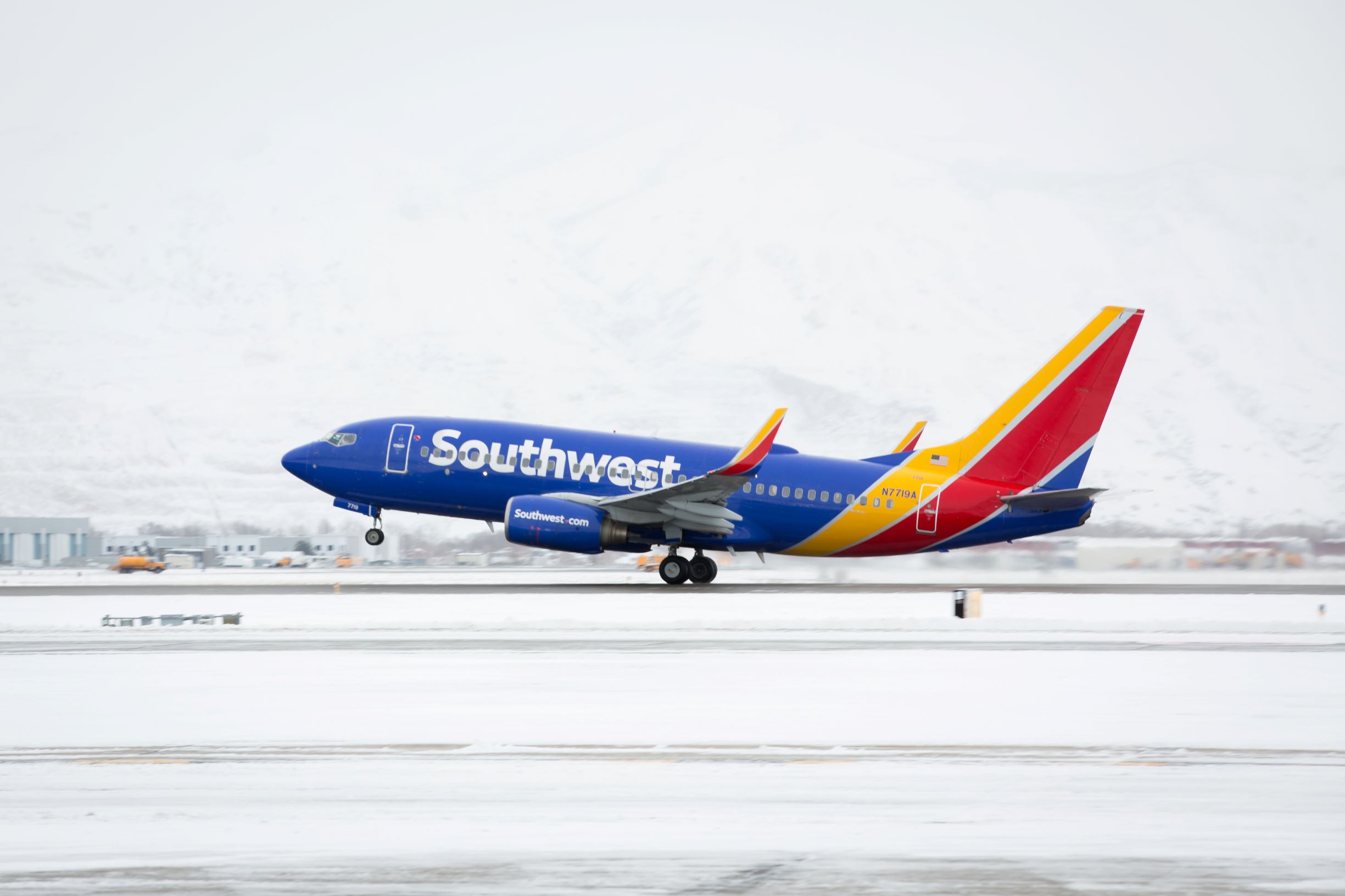
SpaceX’s Starlink, the satellite internet program launched by Elon Musk’s company, has gotten its latest airline adoptee, offering stable and reliable internet to passengers.
Southwest Airlines announced on Wednesday that it would enable Starlink on its aircraft, a new strategy that will expand to more than 300 planes by the end of the year.
The company said it plans to “rapidly integrate Starlink into its fleet,” and that the first Starlink-equipped aircraft will enter service this Summer.
Tony Roach, Executive Vice President, Chief Customer and Brand Officer for the airline, said:
“Free WiFi has been a huge hit with our Rapid Rewards Members, and we know our Customers expect seamless connectivity across all their devices when they travel. Starlink delivers that at-home experience in the air, giving Customers the ability to stream their favorite shows from any platform, watch live sports, download music, play games, work, and connect with loved ones from takeoff to landing.”
Southwest also said that this is just one of the latest upgrades it is making to provide a more well-rounded experience to its aircraft. In addition to Starlink, it is updating cabin designs, offering more legroom, and installing in-seat power to all passengers.
Southwest became one of several airlines to cross over to Starlink, as reviews for the internet provider have raved about reliability and speed. Over the past year, Hawaiian Airlines, United Airlines, Alaska Airlines, airBaltic, Air France, JSX, Emirates, British Airways, and others have all decided to install Starlink on their planes.
This has been a major move away from unpredictable and commonly unreliable WiFi offerings on planes. Starlink has been more reliable and has provided more stable connections for those using their travel time for leisure or business.
Jason Fritch, VP of Starlink Enterprise Sales at SpaceX, said:
“We’re thrilled to deliver a connectivity experience to Southwest Airlines and its Customers that really is similar, if not better, than what you can experience in your own home. Starlink is the future of connected travel, making every journey faster, smoother, and infinitely more enjoyable.”
Starlink recently crossed a massive milestone of over 10 million subscribers.
Elon Musk
Tesla nears closure of Full Self-Driving purchasing option
The move to bring FSD to this type of purchasing program comes after CEO Elon Musk noted in January that Tesla would move away from the outright purchase option.
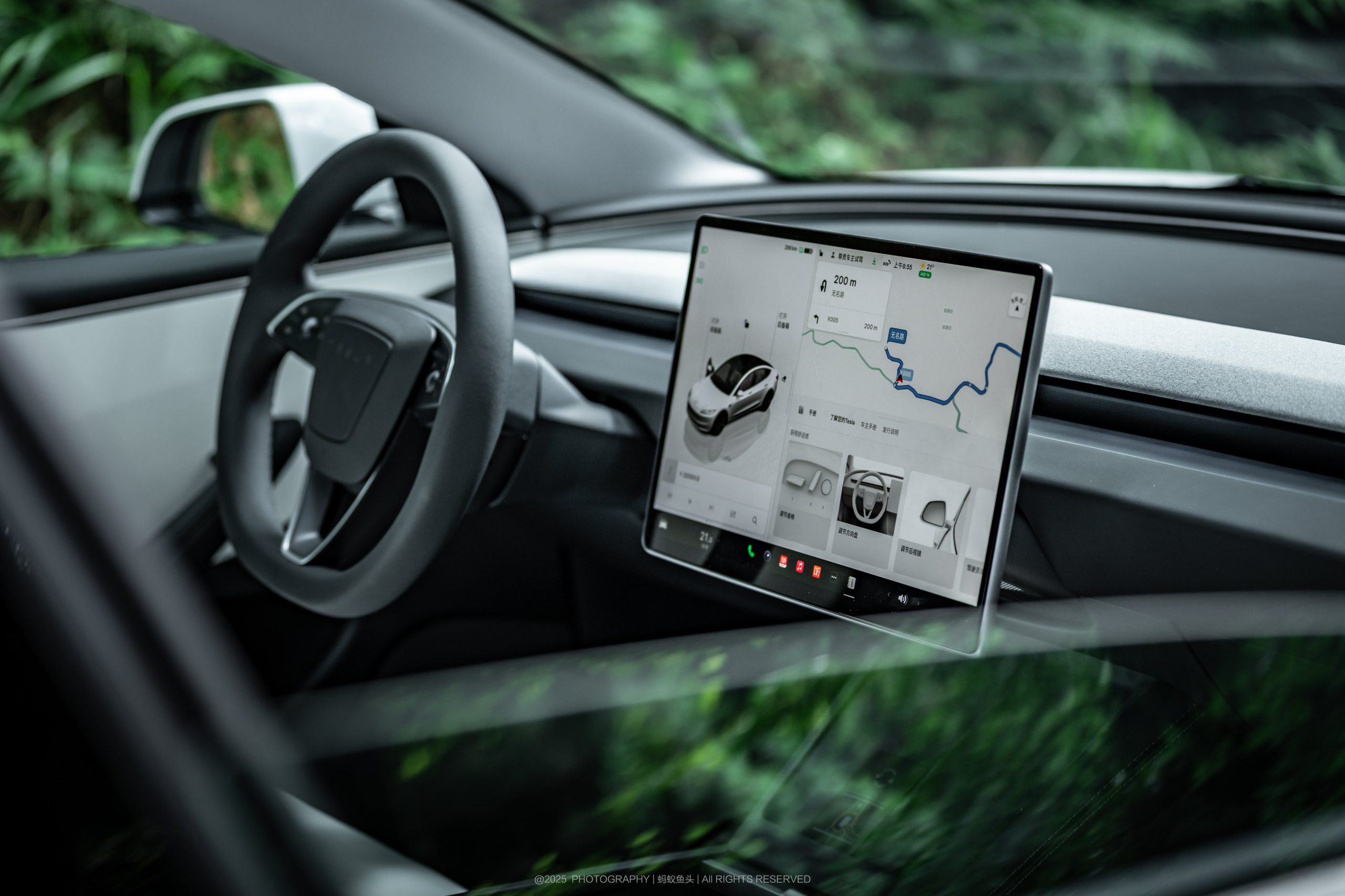
Tesla is nearing the closure of its Full Self-Driving outright purchasing option, which will be removed on February 14, meaning Saturday will be the last time it can be bought as a non-subscription.
Tesla is aiming to move its Full Self-Driving suite to a subscription-only platform, a move that will enable people to only pay monthly for the semi-autonomous driving functionality.
The move to bring FSD to this type of purchasing program comes after CEO Elon Musk noted in January that Tesla would move away from the outright purchase option.
It is currently priced at $8,000 for the outright option to use Full Self-Driving, a substantial decrease compared to the $15,000 it was priced at one time. For the monthly subscription, it is just $99 per month, but that price will change, likely increasing as things get more advanced.
Tesla is overhauling its Full Self-Driving subscription for easier access
We say it will likely increase because there is no indication of how Tesla will price FSD. There has been some speculation that Tesla could utilize a tiered system to price FSD, which would potentially allow owners to pick and choose a set of features that would be most ideal for them.
This would potentially introduce an even more affordable option for FSD use, but this is unconfirmed. The reason many say this could be an option for Tesla is the fact that if the price goes up further, the take rate, which is currently around 12 percent at its most recent estimate, could be lower.
Musk needs 10 million active Full Self-Driving subscriptions to unlock one of the tranches of his newest compensation package.
The move to a subscription-only platform has its positives and negatives, and owners have been more than vocal about these since Musk confirmed the move.
Positives
- Lower barrier to entry and higher potential adoption
- Financially better for many users
- Easier transfers and brand loyalty
- Predictable recurring revenue for Tesla
- Access to the latest features
Negatives
- Higher long-term cost for loyal/long-term owners
- No true “ownership” or permanence
- Risk of future price hikes or even deactivation
- Perceived as of less value
- Impact on resale and used market
Overall, there is a split among the Tesla community in terms of what they see as the “right” way to handle this. Tesla is likely to shed more details on what its plans for the subscription-only platform will be, including pricing, in the coming weeks.
Elon Musk
Elon Musk’s Boring Company selected for Universal Orlando tunnel project
The underground transport tunnel is designed to address the persistent gridlock surrounding International Drive.
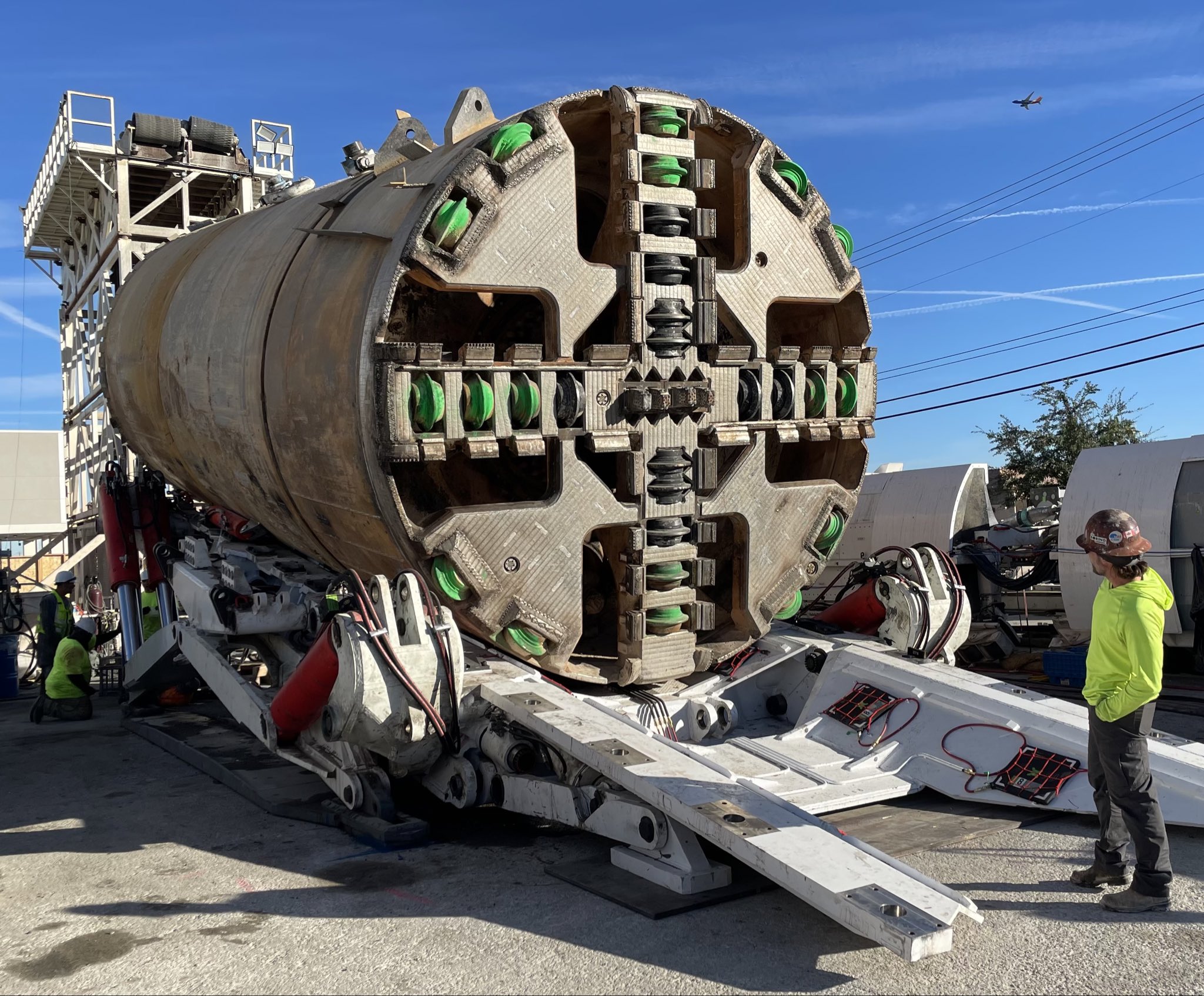
Elon Musk’s The Boring Company has been selected for a proposed underground transit system connecting Universal Orlando Resort and the newly opened Universal Epic Universe.
The underground transport tunnel is designed to address the persistent gridlock surrounding International Drive.
As noted in a blooloop report, Universal’s Shingle Creek Transit and Utility Community Development District approved a resolution showing its intent to designate The Boring Company as the contractor for the project.
The agreement covers the full scope of the project, from the tunnel’s design, construction, and maintenance. The project has also been described in public documents as a “point-to-point innovative transportation” initiative with a 25-year agreement.
The proposed Boring Company tunnels would directly link Universal’s existing parks with Epic Universe, which sits roughly three miles away from Universal Orlando Resort. Today, buses are the only direct connection between the two destinations.
Project requirements were quite stringent. Bidders were required to demonstrate at least $75 million in bonding capacity, have a minimum of seven years of operational experience, and show prior delivery of a comparable project valued at $25 million or more within the past 15 years. The Boring Company, thanks in no small part to the Vegas Loop, meets these requirements.
The Orlando selection adds to The Boring Company’s growing portfolio of Loop-style systems. In Las Vegas, the Las Vegas Convention Center Loop has transported more than two million passengers in Tesla vehicles through underground tunnels since 2021. The greater Vegas Loop system is also under construction.
For now, residents in the area seem enthusiastic about the upcoming project. In a comment to Fox35, residents noted that the tunnels could improve traffic in the area.
“We are very congested at certain times and certain hours and that would certainly help with people not having to budget their time,” Mary Walters-Clark, a resident, stated. Another resident, Scott Heinz, echoed similar sentiments. “I think it would be a new opportunity to lessen traffic load and good for visitors as well,” he said.
The tunneling startup has started bringing its Loop projects to international locations. It recently signed a memorandum of understanding with Dubai’s Roads and Transport Authority to explore the development of a 17-kilometer underground Loop network beneath Dubai.








